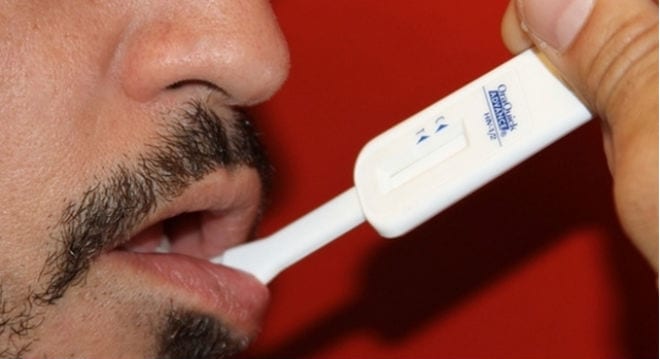
Research is being carried out to detect the Parkinson's disease through a saliva test, which is a major breakthrough in research.
Major breakthrough in the diagnosis of the disease
New research suggests that testing a part of a person's saliva gland may be a way to diagnose Parkinson's disease, according to a study released on Thursday that will be presented at the 65th annual meeting of the American Academy of Neurology, to be held in San Diego (USA) from 16-23 March.
"We have previously demonstrated in autopsies of patients with Parkinson that abnormal disease-related proteins are consistently found in the submandibular salivary glands under the lower jaw, and this is the first study to demonstrate the value of testing a portion of the saliva gland to diagnose a person living with Parkinson's disease. Making a diagnosis in living patients is a major step forward in our effort to better understand and treat patients."said study author Charles Adler, of the Mayo Clinic in Arizona and a member of the American Academy of Neurology.
The research involved 15 people with an average age of 68 years who had Parkinson's disease for an average of 12 years, responded to Parkinson's medication and who had no known salivary gland disorders. Biopsies were taken from two different salivary glands: the one under the lower jaw and the minor salivary glands in the lower lip and the biopsied tissues were stained and checked for evidence of the abnormal Parkinson's protein.
In four of the initial lower jaw biopsies, while the researchers were still refining the technique, not enough tissue was available for testing. Abnormal Parkinson's protein was detected in 82 per cent (nine out of 11) of the patients with enough tissue to study.
"Although testing is still low, the rate of positive results in biopsies of the lower lip glands appears to be much lower than for the lower jaw gland."said Adler. He believes this finding can be "of great use" when Parkinson's disease tissue testing is needed, especially when considering the need for invasive procedures such as deep brain stimulation surgery or gene therapy.
Source: www.catalunyapress.cat

